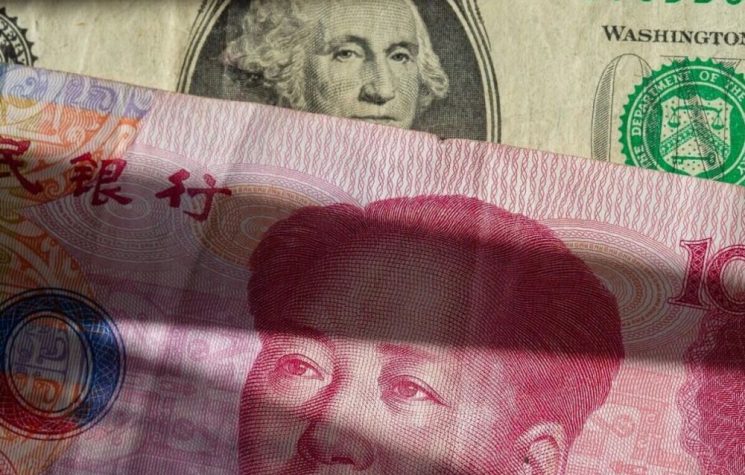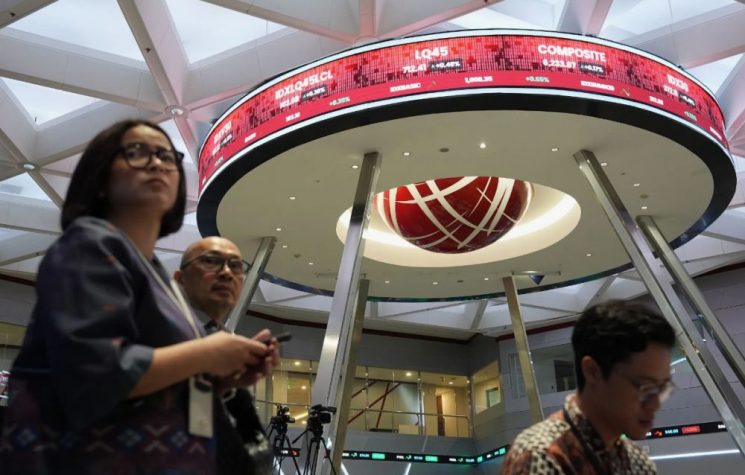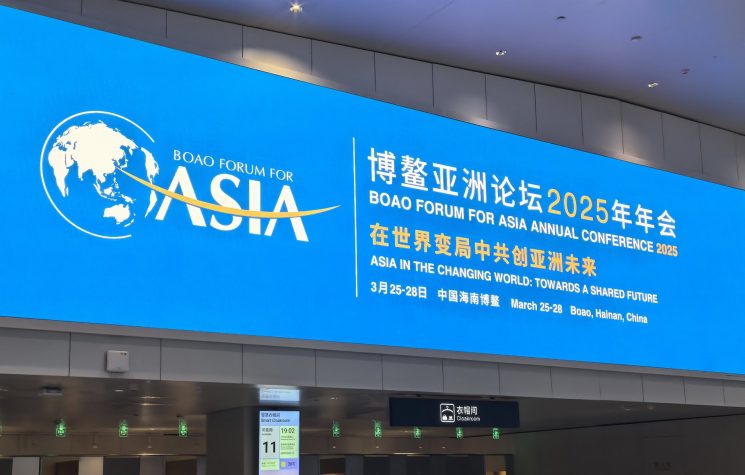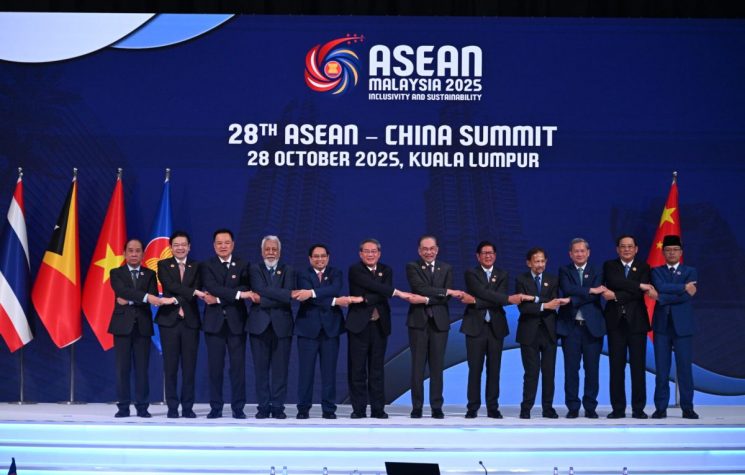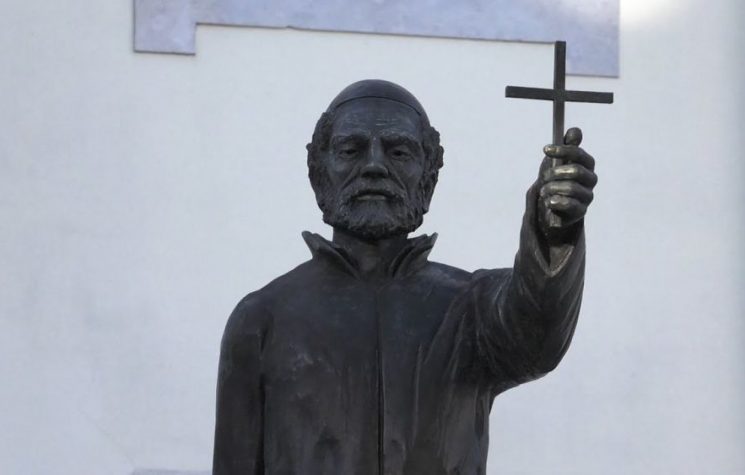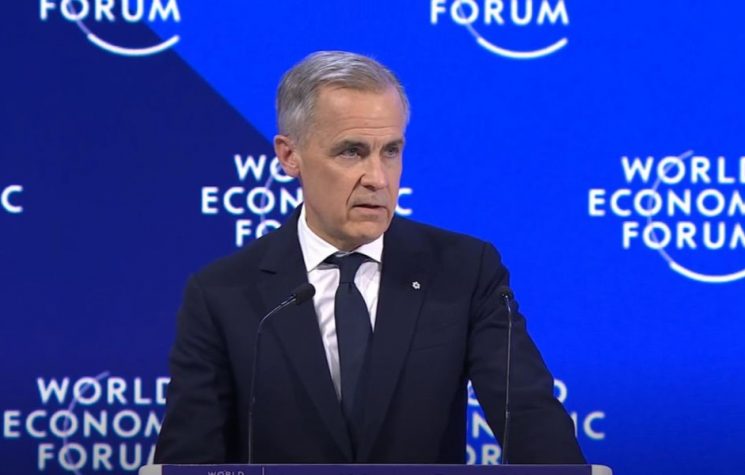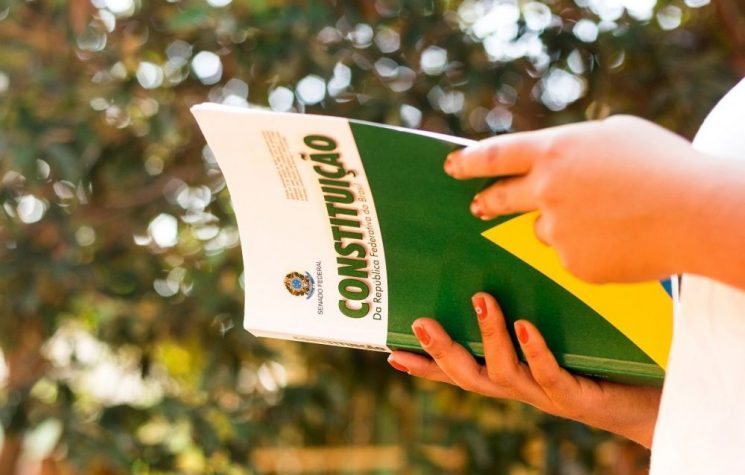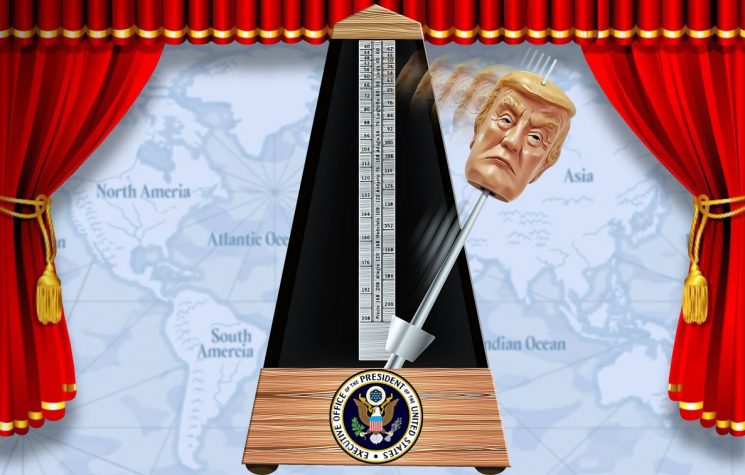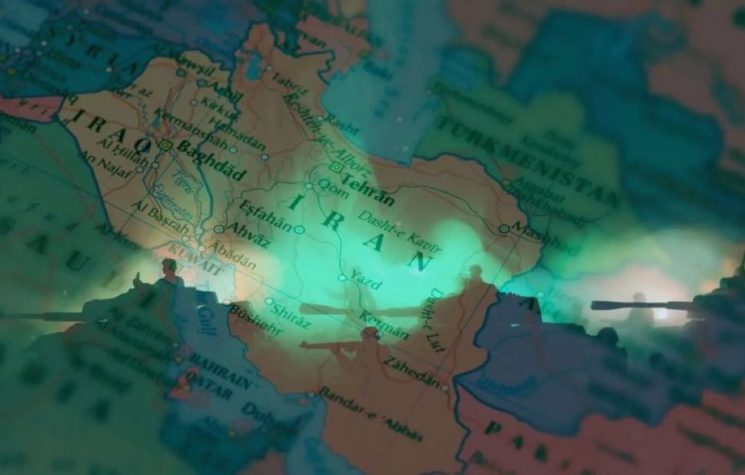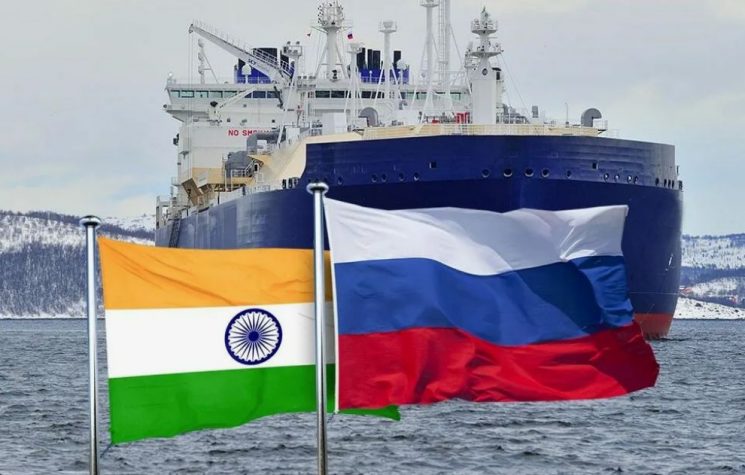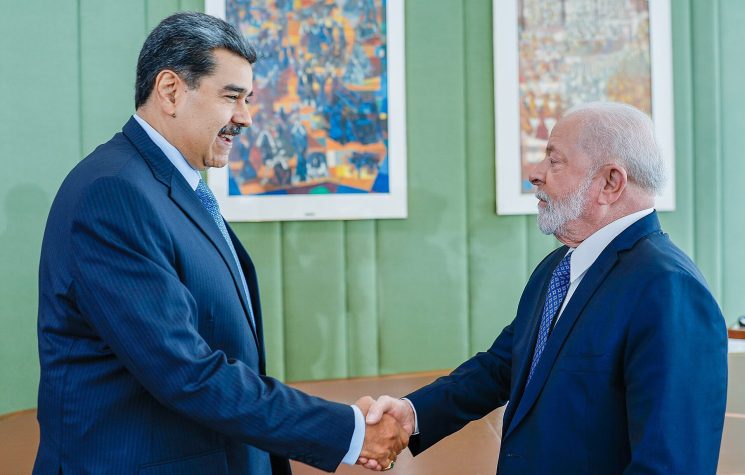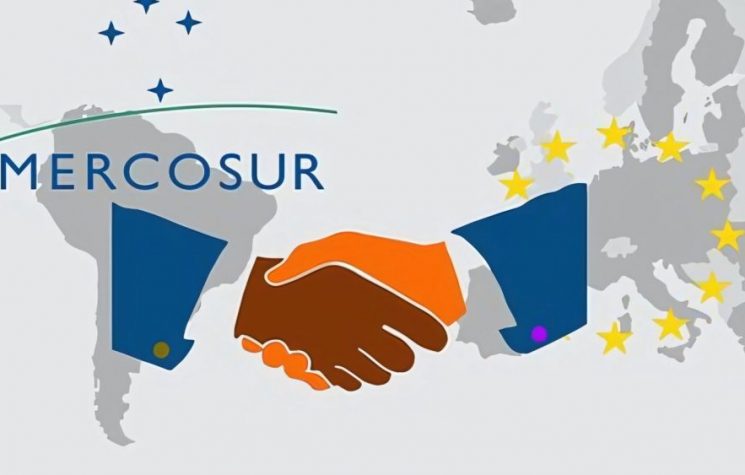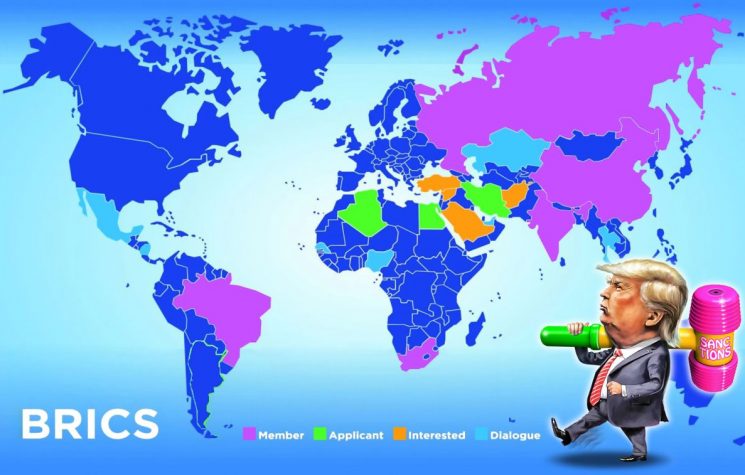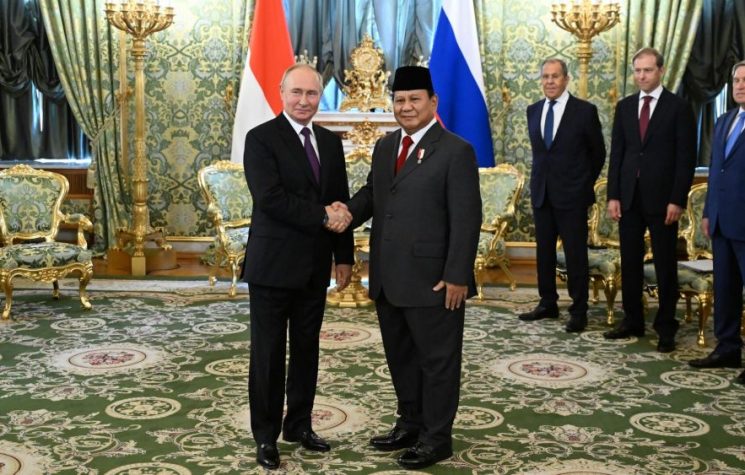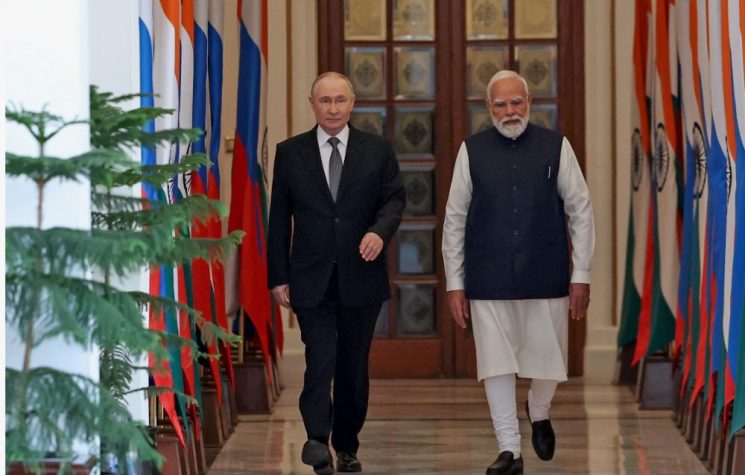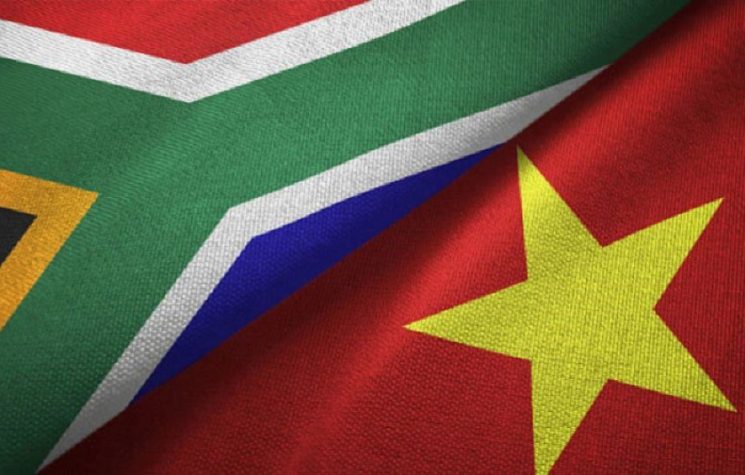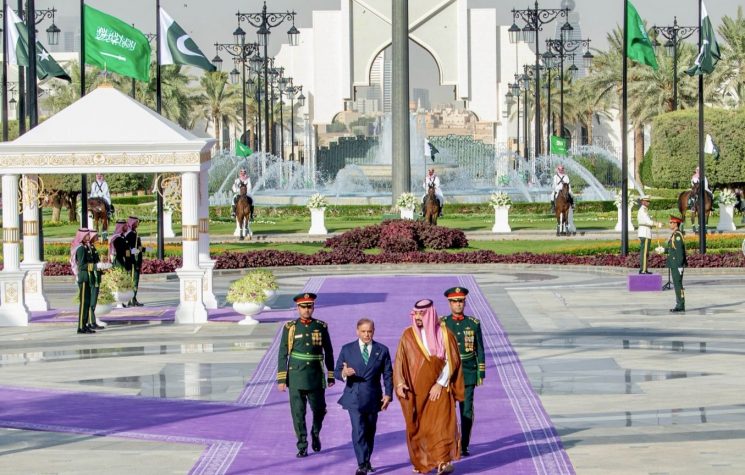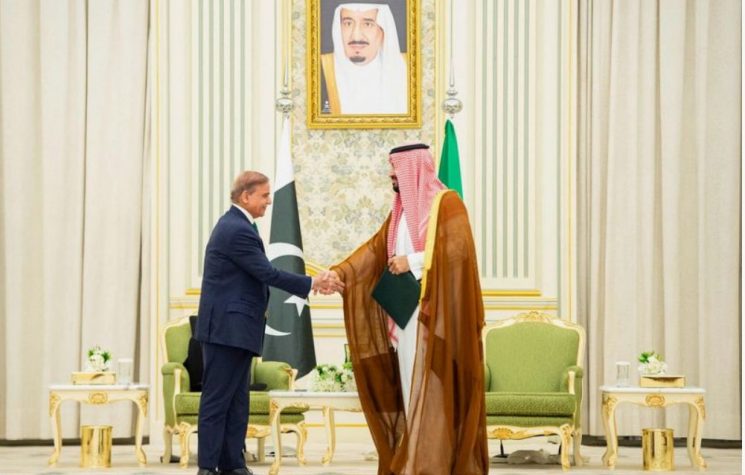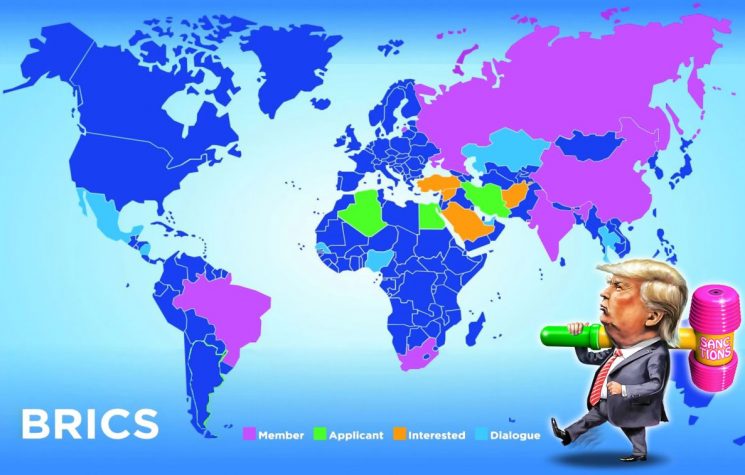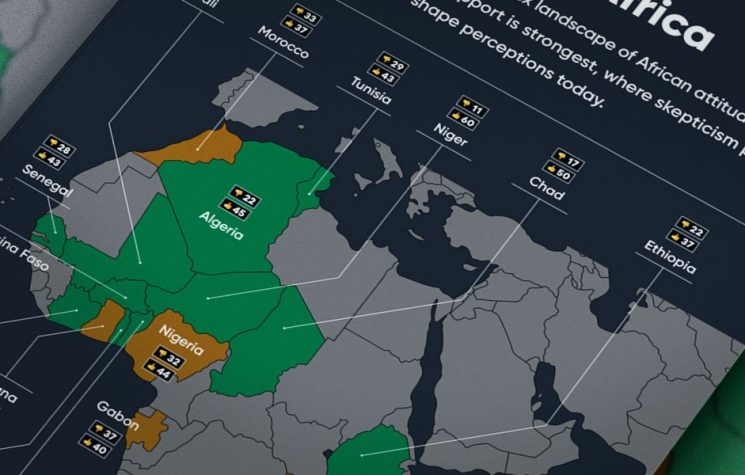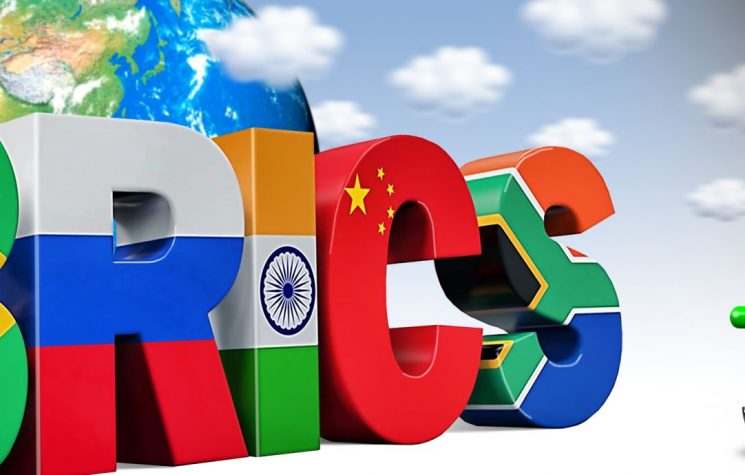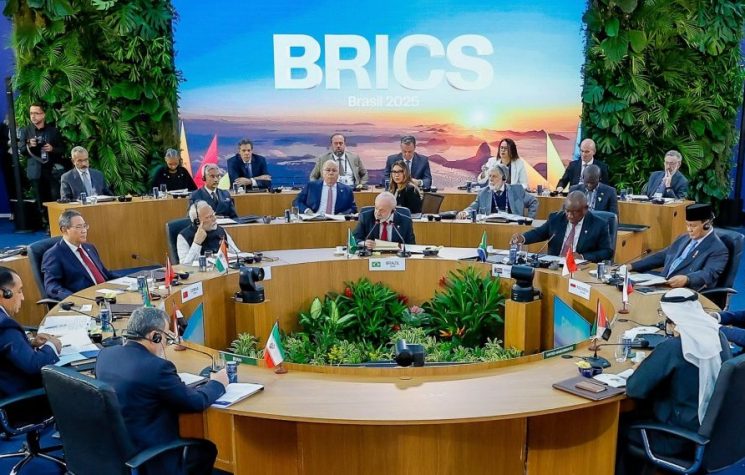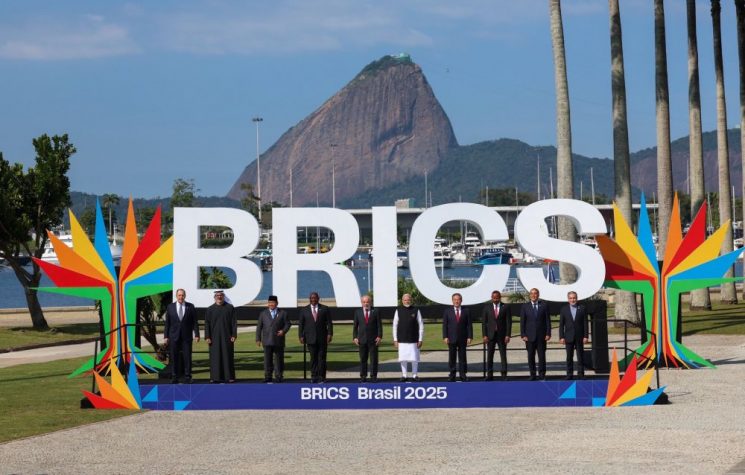With the arrival of new members, the group tends to gain more relevance in the international decision-making process.
❗️Join us on Telegram![]() , Twitter
, Twitter![]() , and VK
, and VK![]() .
.
Contact us: info@strategic-culture.su
BRICS finally expanded. In the first week of 2024, Iran, Saudi Arabia, UAE, Egypt and Ethiopia officially became members of the association. In Buenos Aires, the new president, Javier Milei, vetoed Argentine membership, consolidating the country’s reactionary and pro-Western turn. In parallel, there are great expectations for progress in BRICS’ projects throughout this year, including the discussion on admitting new candidates.
The admission of new countries into the BRICS was undoubtedly one of the most important geopolitical events of 2023. The participation of more states in the group is a fundamental step towards increasing the emerging world’s ability to influence the international decision-making process. By bringing together developing nations into a common bloc, the BRICS become able to act jointly and defend the collective interests of the countries of the Global South – and that is precisely what is expected from the BRICS from now on.
The Argentine abdication was already anticipated. Milei had promised such a decision during his electoral campaign. The country’s new leader considers the geopolitical scenario to be a rivalry between “dictatorships and democracies”, fully adhering to the typical propaganda of American foreign policy. According to this point of view, the BRICS would be a kind of “association of dictatorships”, which is why Milei wants to prevent the deepening of relations between his country and the group’s members.
However, despite the Argentine case, the expansion of the BRICS was successful. With the entry of countries such as Iran, Saudi Arabia and the UAE, the bloc increases its energy potential and becomes an agglomeration of oil powers, in addition to including some of the main actors in the Middle East, helping to maintain regional diplomatic balance. In the same sense, the entry of Egypt and Ethiopia increases African participation in global business and brings two of the main continental powers to the association.
However, the real value of joining new members is not in how these states can contribute to the bloc’s progress, but in how these actors, despite possible differences and problems, are united in a common objective: reformulating the international order. It is possible to say that the BRICS are moving towards real multipolarity, bringing together states that want to create a polycentric global system.
An example of this is the simultaneous entry of Iran and Saudi Arabia. Despite the recent diplomatic rapprochement, both countries are historically regional rivals, having even engaged in a proxy conflict in Yemen. However, more important than any regional rivalries is the common interest of Iranians and Saudis in building a multipolar world. Tehran is famously seen as an “anti-Western” power, while the Saudi Kingdom, despite strong ties with the U.S., is increasingly tending towards a “multipolar turn”, seeking to protect its sovereign interests and avoiding foreign interventionism – so, for both countries the U.S.-led unipolar world order is not tolerable.
Previously, a similar situation was already occurring between China and India. Both countries have a historical rivalry that has been gradually diminished in recent years. However, these divergences never prevented both sides from cooperating within the BRICS and engaging in common projects of mutual benefit, the main one being precisely the search for a geopolitical reformulation. Both Beijing and New Delhi have a lot to gain in a multipolar international scenario, which is why they both act to achieve this goal, overcoming their selfish interests and individual rivalries.
This has been the most special aspect of the BRICS so far: its ability to bring together countries with different interests, sometimes even contradictory ones, but which converge on a common multipolar agenda. Basically, in order to join the BRICS it seems necessary for the candidate country to be willing to cooperate pragmatically with the other members, ignoring unimportant rivalries and accelerating the reformulation of the world order through multilateral dialogue.
Precisely for this reason, for now it is not appropriate for the BRICS to be transformed into a more complex organization, with a security council and bureaucratic bodies. The current structure of free association serves the objective of bringing together the largest possible number of countries willing to engage in the project of building a more just and equitable world order through the establishment of multilateral projects. In other words, the non-bureaucratic structure of the BRICS meets the needs of the current moment of geopolitical transition. Changes in the bloc’s structure are only expected for a future in which the multipolar system will be already consolidated, demanding the creation of international institutions adapted to the new reality.
For now, the BRICS’ main challenges consist of integrating new members and increasing internal levels of cooperation, expanding intra-bloc ties. Furthermore, as the new members prosper and the bloc’s joint work shows results, it will be necessary to advance the discussion on possible new admissions. Currently, dozens of emerging countries are already showing interest in being part of the alliance – and this number is expected to increase even more in the near future. It will be essential to provide a quick response at least to the main candidates, as continued expansion is consensually seen as beneficial.
In fact, there is a mathematical logic favorable to expansion: the more countries in the BRICS, the greater the group’s capacity to, in addition to creating cooperation projects, make joint decisions. The BRICS do not have a common “ideology” or “political agenda”, but all members share the same objective of achieving multipolarity, so it is vital that decisions that concern the future of the geopolitical order are taken jointly, expressing a common opinion of all the members.
The expansion of the BRICS, in other words, is the key to increasing the decision-making power of the main emerging countries on the international arena. By participating in a common forum, these states have the opportunity to discuss strategic issues, raising the ability of the emerging world to make relevant joint decisions. Improving this capacity is the main factor to be worked on in order to change the global balance of power, making developing countries the main actors in international politics, reducing the influence of the West-led “Global North”.
A practical example of how the BRICS can function in the global decision-making process can be seen with the energy issue. Recently, Russia and Saudi Arabia cooperated to readjust the global price of oil, showing how emerging nations can react to Western economic coercion through cooperation. Now, with the arrival of new oil powers in the BRICS, the group can easily become a key player in the global energy market – not only in oil, but also in clean energy sources, reacting to Western initiatives in the sector.
In addition to energy, the BRICS also have great potential to cooperate in the food sector, considering that among their members are some of the world’s main agricultural powers, such as Brazil and Russia – not to mention powerful consumer markets, such as China and the new members. The BRICS, as already mentioned by experts, could be the key for the de-dollarization of the food market, enabling the weakening of American monetary hegemony.
To sum it up, it is necessary to mention the words of Venezuela’s President Nicolás Maduro: BRICS represents the future of humanity. The organization shows how it is possible to develop a world where pragmatism and multilateralism, and not coercion and violence, are the main aspects of international relations.














